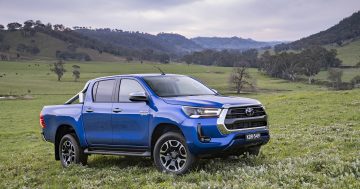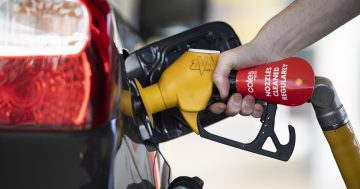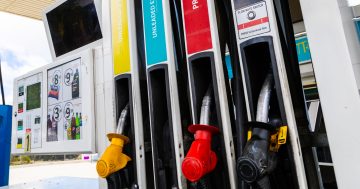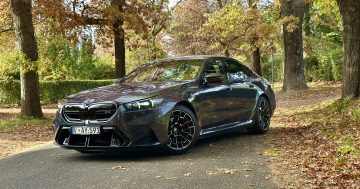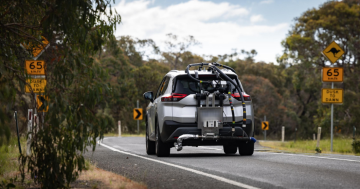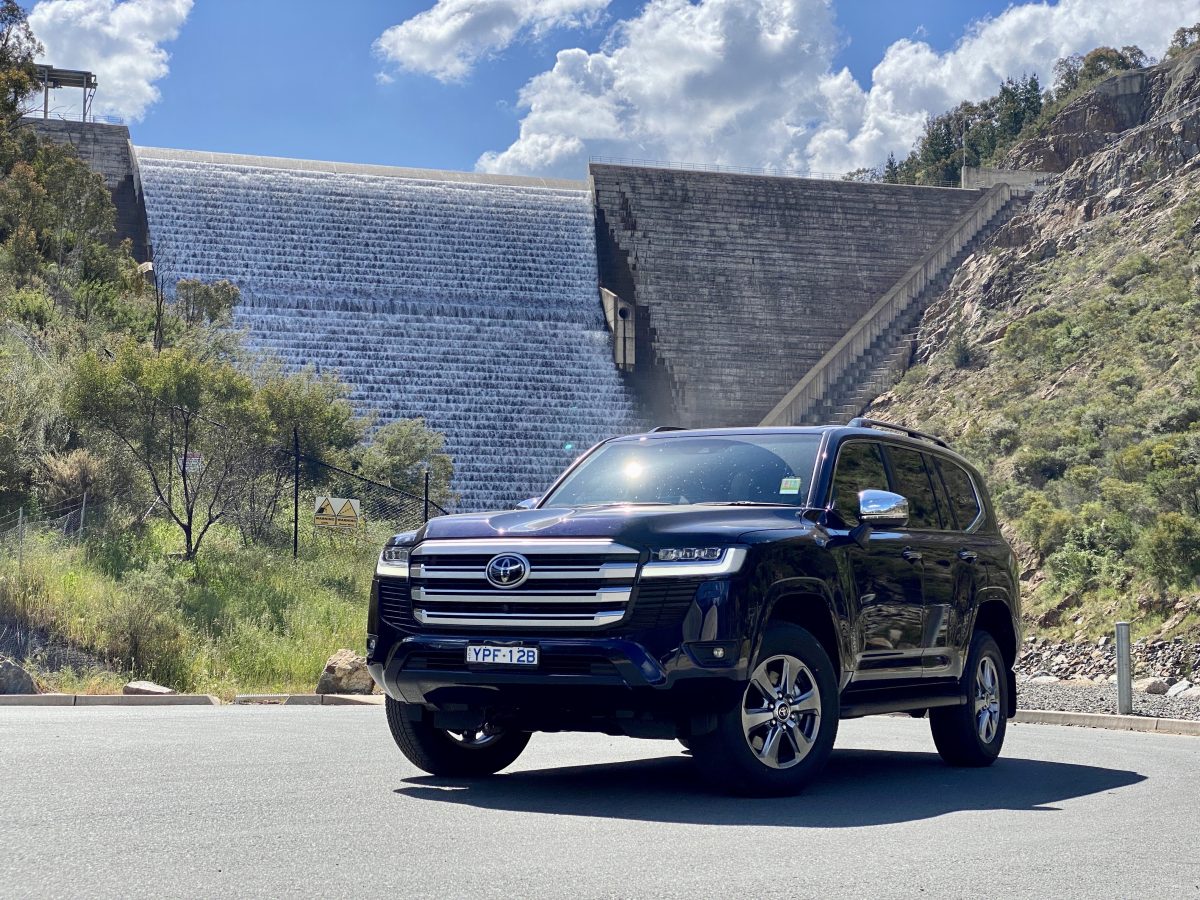
The Toyota LandCruiser and other vehicles with a towing capacity greater than three tonnes have been reclassified as light commercial vehicles (LCVs) following massive backlash from the local car industry. Photo: James Coleman.
The likes of the Toyota LandCruiser, Nissan Patrol and Isuzu MU-X were staring down the barrel of extinction by the end of the decade, but the Federal Government has swept in at the last minute with “modifications” to its proposed emissions regulations.
The original New Vehicle Efficiency Standard (NVES), announced in February, promised to bring Australia up to speed with every other developed country – save for Russia – when it comes to how much CO2 our cars are allowed to emit.
From January 2025, manufacturers would have had to ensure their total sales each year didn’t exceed a carbon emissions limit (which will become stricter yearly).
If they failed, they would be forced to buy credits generated by other car brands whose cars were below that limit or pay a heavy fine of $100 for every extra gram of CO2 per kilometre.
This was said to incentivise car makers to get under the limit by selling more of their most efficient cars or electric vehicles or fewer high-polluting cars.
But it stirred up a real hornet’s nest in the local car industry, which argued Australia’s best-selling cars of 2023 would be hit hardest.
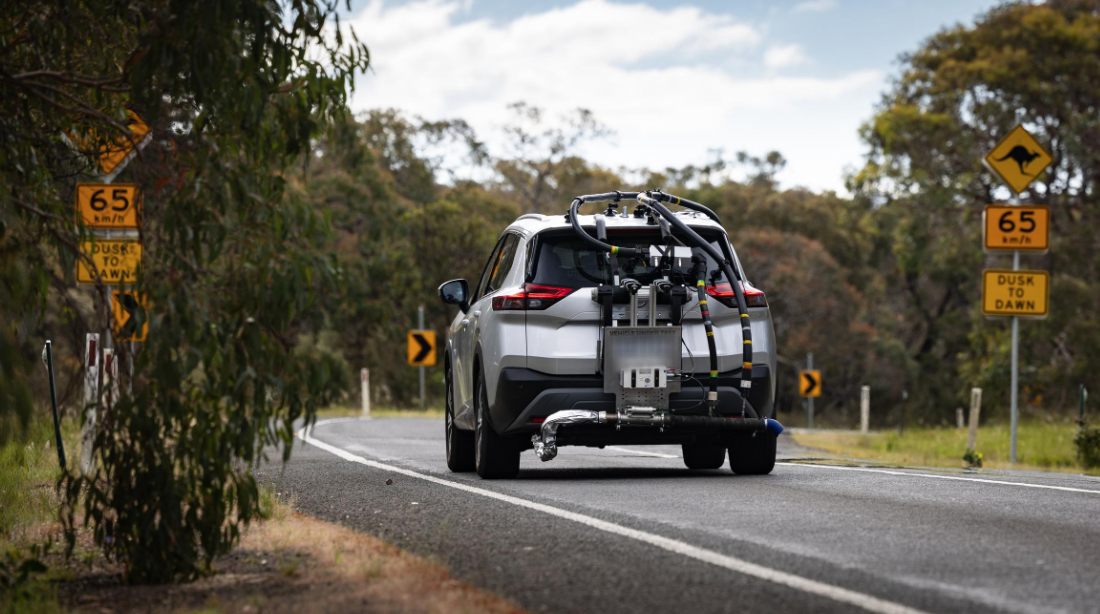
Testing the real-world fuel consumption and CO2 emissions of the Nissan X-Trail. Photo: Australian Automobile Association (AAA).
The Federal Chamber of Automotive Industries (FCAI), based in Canberra, argued all the SUVs and Light Commercial Vehicles (LCVs) that made up nearly 80 per cent of sales and comprised all the top 10 vehicles sold throughout the year would struggle to meet the new limits.
The Coalition went so far as to label the NVES a thinly veiled “ute tax”.
“If somebody wants to go and buy a D-Max, or they want to go and buy a LandCruiser, or BT-50, or a HiLux, or a Ranger, whatever it might be, the government shouldn’t be applying a new tax to those vehicles to make it look more attractive to buy an electric vehicle,” Opposition leader Peter Dutton said during a press conference outside a Toyota dealership in Perth.
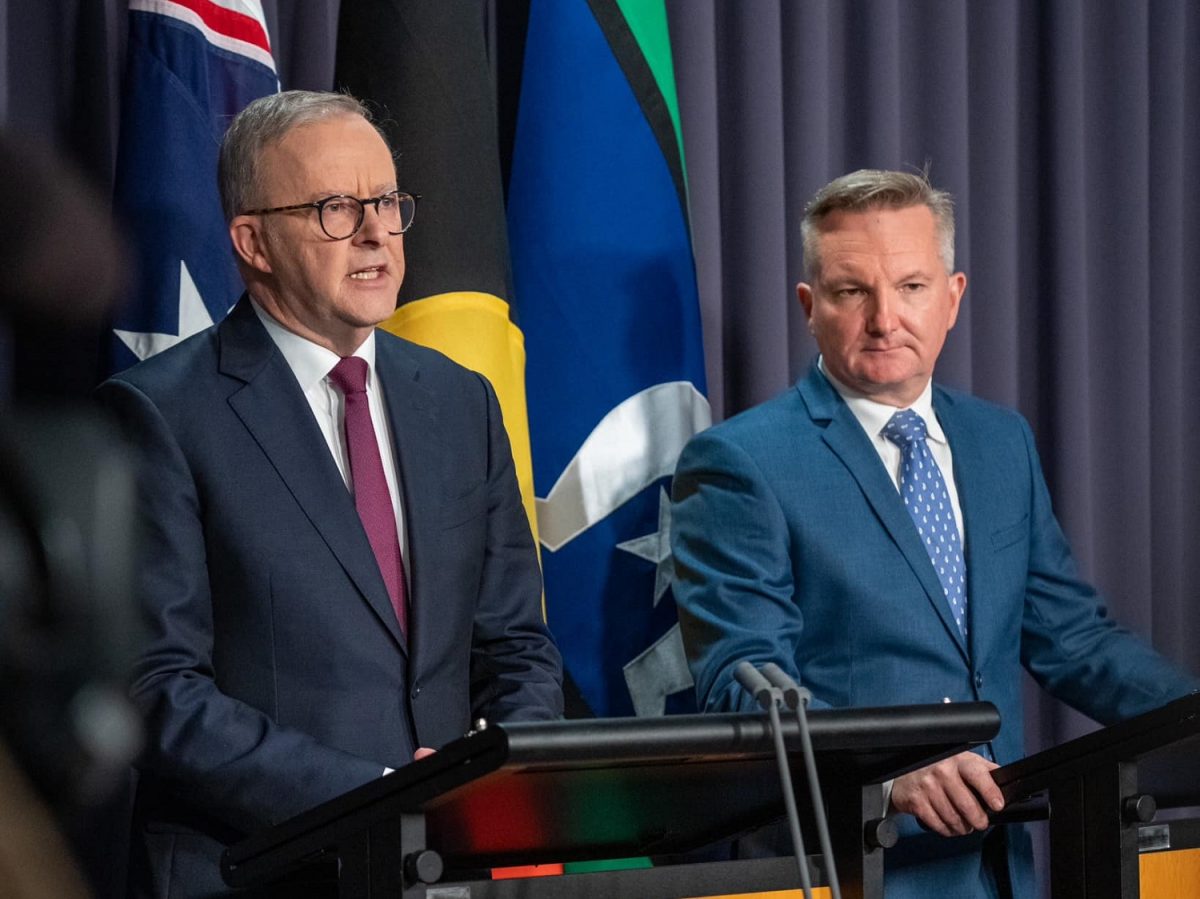
Prime Minister Anthony Albanese and Climate Change and Energy Minister Chris Bowen. Photo: PM, Facebook.
Minister for Climate Change and Energy Chris Bowen described the claim as a “scare campaign”.
But on Tuesday, 26 March, Mr Bowen was flanked by executives from Toyota, Hyundai and Tesla to announce a revised standard “tailored for Australia”.
The original rules bundled high-emitting large SUVs with passenger vehicles and thus required them to cut emissions by 60 per cent by 2029 to avoid penalties.
This figure has now been dropped to 50 per cent, and a number of cars with towing capacities greater than three tonnes have been reclassified as LCVs, including the Nissan Patrol, Toyota’s Prado and LandCruiser, Ford Everest, Mitsubishi Pajero and Isuzu MU-X.
Toyota Australia isn’t “under any illusions there still remains a very big challenge in achieving these ambitious numbers”, but said the time for picking battles was over.
“The reality is we just simply need to get on with it now,” CEO Matthew Callachor said.
“We wanted an emissions standard to basically help us with long-term product planning, and we wanted an emissions standard that was ambitious but also brings people on the journey … which is where we are.”
Tesla’s Sam McLean said the compromise is a “very moderate standard that takes Australia from being really the last place in this transition to the middle of the pack”.
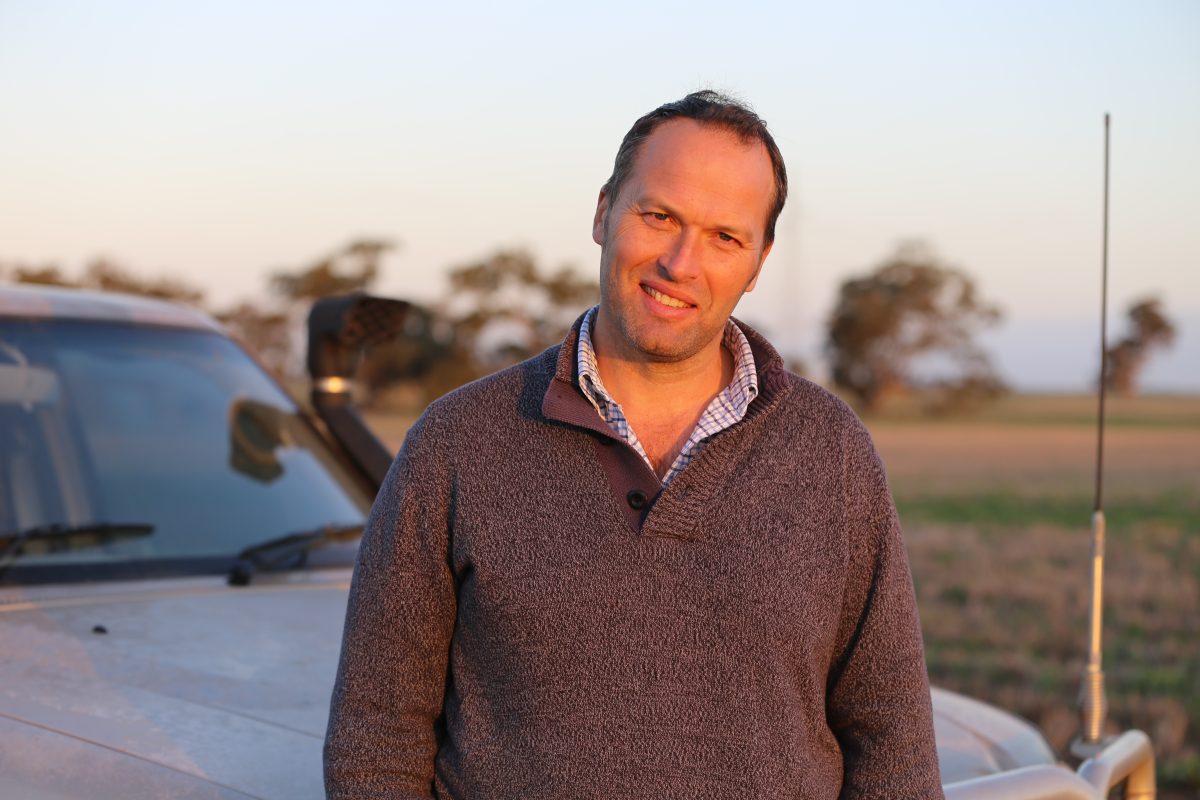
NFF boss David Jochinke says utes are tools of the trade for farmers. Photo: NFF.
Rural Australians have welcomed the news, too, but “remain alert”, according to the Canberra-based National Farmers’ Federation (NFF).
“Farmers support emissions reduction but not in a way that compromises the tools of the trade farmers use every day,” NFF president David Jochinke said.
“While slower roll-out times are welcome … the NFF will be keeping both eyes on the road as this progresses to understand the impacts on fleet and make sure it doesn’t see price increases for farmers.”
The Federal Government maintains emissions from new passenger vehicles will be reduced by more than 60 per cent by 2030, and will roughly halve those from new LCVs over the same period.
Original Article published by James Coleman on Riotact.


